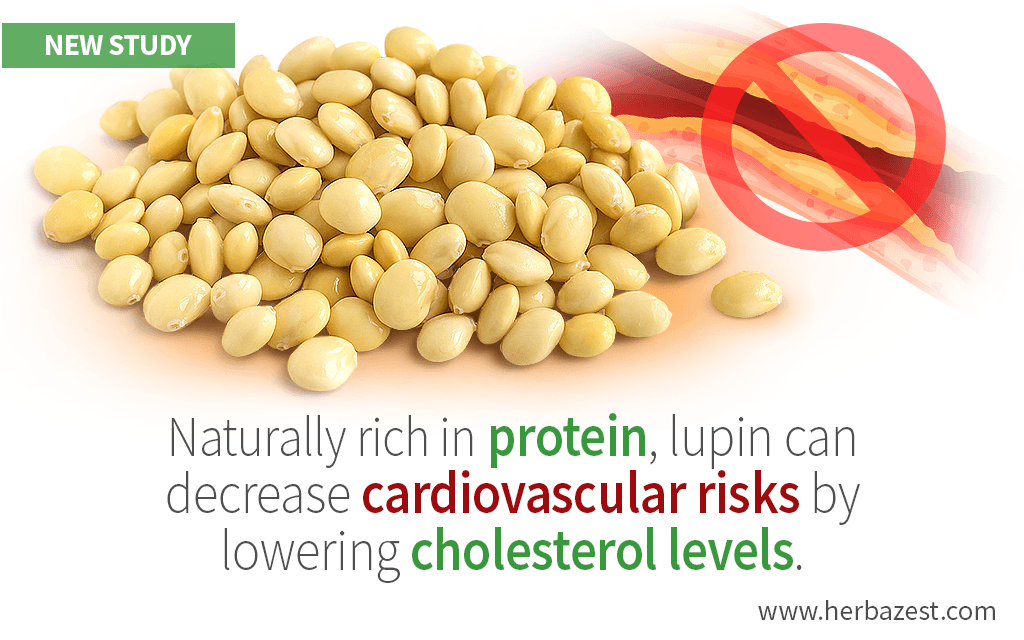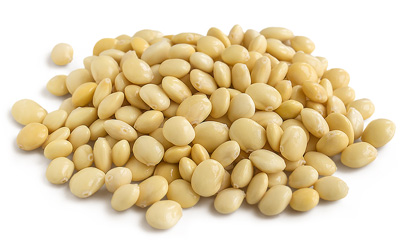High cholesterol levels, or hypercholesterolemia, can cause plaque buildup in the arteries, leading to heart disease. Fortunately, eating a heart-healthy diet can help lower cholesterol levels, thus reducing the risk of potentially serious complications.
Lupin is one of the richest sources of complete protein, with high amounts of arginine, an amino acid that may help prevent some types of heart problems. Although its cholesterol-lowering properties have been previously suggested, more studies are necessary to validate them.1
This trial was conducted to determine whether adding lupin to everyday meals lowers cardiovascular risk factors as well as whether these beneficial effects are due to its content of arginine.
The Study
This crossover trial took place at the Friedrich Schiller University in Jena, Germany. It consisted of 72 adults with hypercholesterolemia eating three types of diet for 28 days each, with 6-week washout periods in between:
- Lupin protein (25 grams per day)
- Milk protein
- Milk protein with 1.6 grams of arginine per day
Lupin and milk protein were consumed as part of a mixed diet and added to four types of food products: bread, rolls, scalded sausage, and a vegetarian spread.
The results of this trial were published in the Clinical Nutrition journal.
The Results
After eating lupin protein, participants had significantly lower total and low-density lipoprotein (LDL) cholesterol levels as well as those of homocysteine, triacylglycerols, and uric acid in comparison to eating milk protein. For reference, high levels of all those substances increase the risk of heart disease.
These cholesterol-lowering effects of lupin were most prominent in participants with severe hypercholesterolemia as compared to those with moderately high cholesterol levels .
What Does this Mean?
The results of this study show that eating lupin lowers cardiovascular risks by reducing cholesterol (total and LDL) and triacylglycerol levels as well as those of homocysteine and uric acid.
As a simple dietary intervention, consuming lupin may help promote heart health naturally, without the use of pharmacological solutions.
While arginine does seem to play a role, the results of the study suggest that there might be other compounds responsible for these effects, too.
Other herbs that are known to regulate cholesterol levels are oats, beans, barley, and avocado.
Sources
- Clinical Nutrition Journal, Consuming a mixed diet enriched with lupin protein beneficially affects plasma lipids in hypercholesterolemic subjects: a randomized controlled trial, 2015
Footnotes:
- Atherosclerosis Supplements. (2006). Th-W55:4 Lupin proteins in the treatment of hypercholesterolemia. Retrieved September 9, 2021, from https://www.sciencedirect.com/science/article/abs/pii/S1567568806819100





